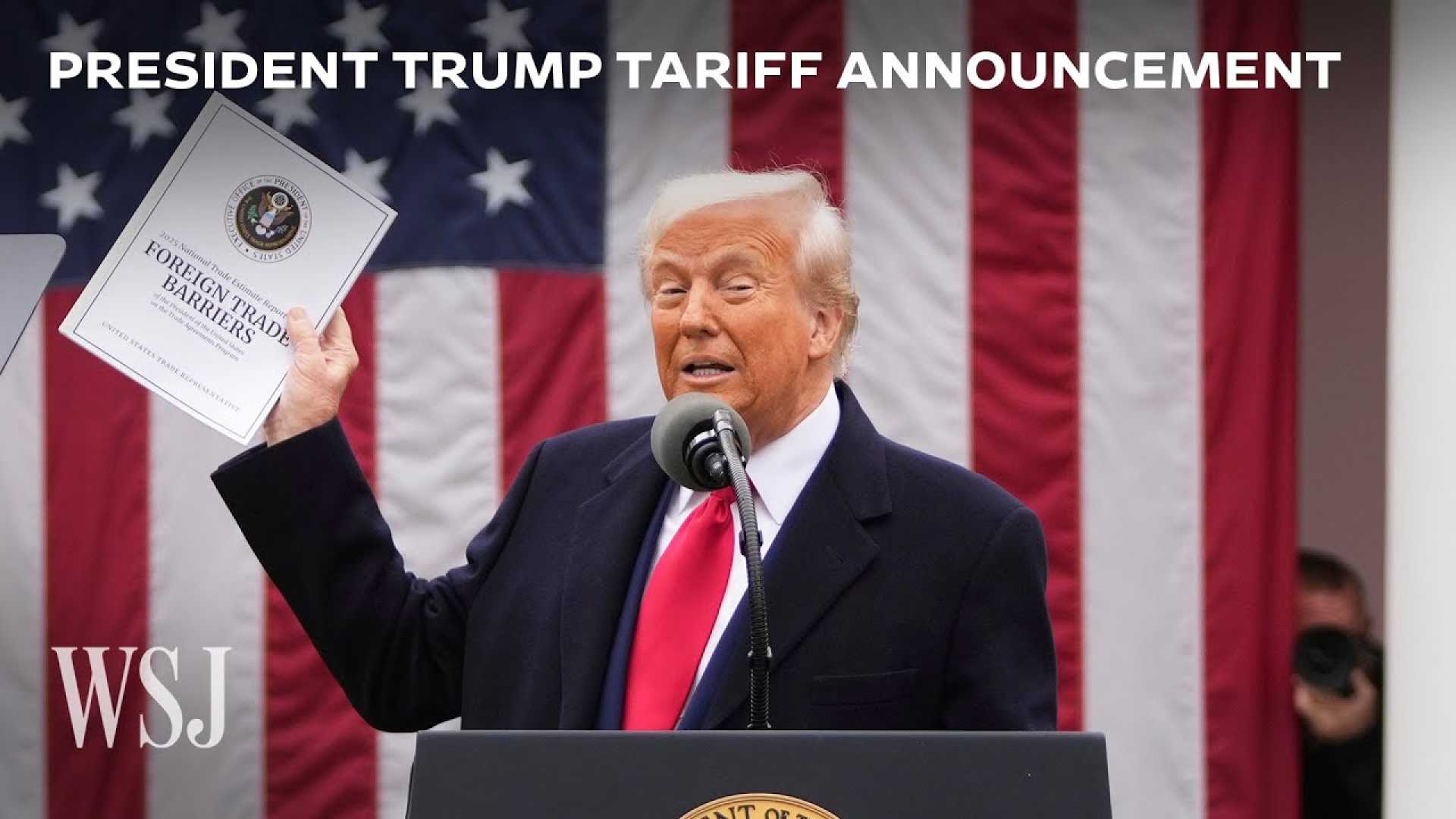Business
Trump Lowers Tariff Rates Amid Rising Trade Tensions

WASHINGTON, D.C. – President Donald Trump announced a reduction in the rates of “reciprocal” tariffs effective Wednesday, April 9, 2025, at 12:01 a.m. ET. The tariffs, initially set at over 100% against several countries, will now see a lowered rate of 10% applied for 90 days to nations that have not retaliated. However, the tariffs against China will increase to 125% due to their earlier imposition of reciprocal tariffs, as Trump emphasized the necessity of correcting longstanding trade imbalances.
In a social media post, Trump stated, “Based on the lack of respect that China has shown to the World’s Markets, I am hereby raising the Tariff charged to China by the United States of America to 125%, effective immediately.” This announcement follows a steep drop in the stock market since the original tariff declarations, sparking concerns about a potential recession.
During a session of the House Ways and Means Committee, Democratic Representative Brad Schneider criticized the tariffs, stating, “What’s the president thinking? Did you expect the so-called ‘Liberation Day’ to become ‘Liquidation Week,’ destroying more than $10 trillion of value?” He urged the administration to reconsider its approach to trade policy and its repercussions on American consumers and businesses.
As the newly introduced tariffs take effect, industry leaders and economists have voiced concerns. Rep. Darin LaHood, a Republican from Illinois, expressed that America’s agriculture sector is particularly vulnerable in this evolving trade war. “When we get into a trade war, usually the first pawn in the trade war is agriculture,” he warned, questioning U.S. Trade Representative Jamieson Greer on how the administration plans to alleviate the anxiety and uncertainty felt by farmers.
Greer reassured that not all countries have retaliated against the U.S., highlighting cooperation from nations such as Indonesia and India, which have refrained from imposing counter-tariffs. However, he acknowledged significant responses from Canada and the European Union, increasing the stakes in this rapidly evolving trade standoff.
Commerce Secretary Howard Lutnick noted that the Trump administration’s decision to pause the full effect of tariffs stems from negotiations with over 75 countries aiming to resolve trade issues. He labeled the reduction in the reciprocal tariff rate during this period as a measure that could potentially stabilize markets and strengthen international trade relations.
In response to Trump’s announcement, major stock indexes witnessed fluctuations, indicating market instability. JPMorgan Chase CEO Jamie Dimon remarked on the likelihood of recession, stating the current trajectory is unsustainable, primarily due to the impacts of the tariffs.
As the situation develops, countries affected by the tariffs are weighing their options, with China reportedly maintaining its counter-tariff strategy while seeking new diplomatic engagements. The long-term implications of these tariffs for the U.S. economy and global trade remain to be seen, as the administration navigates this delicate balance of imposing duties without triggering a broader economic crisis.












